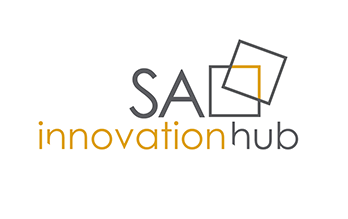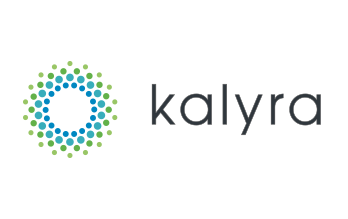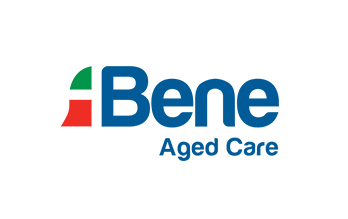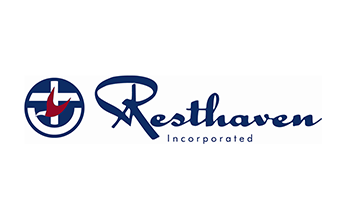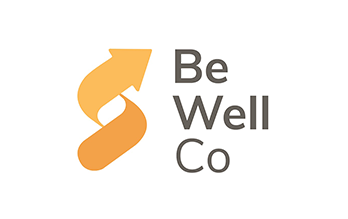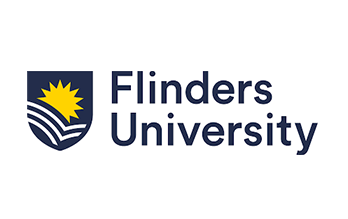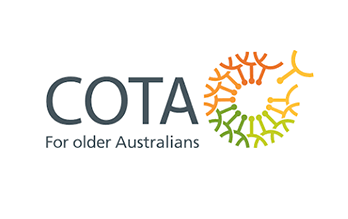Background and Aims
High quality care is delivered by skilled and experienced staff. With sector turnover rates exceeding 30% nationally, improving the sustainability for direct care roles with a focus on developing long term, rewarding careers in aged care is the focus of the project.
Research highlighted that unstable working hours was the leading driver of staff leaving Aged Care and that burnout was another major driver of turnover.
The project aims to apply evidence based strategies to address these factors through partnership between staff (who contributed their time to the wellbeing program) and the providers (who reformed systems to support the stable roster approach.)
The aim of the project was to reduce turnover intention, improve wellbeing, Quality of Life and improve Burnout markers like Emotional exhaustion.
The Hub selected female workers over 50 as a target group due to an increased risk of exiting the career. Additionally the group tended to have high level skills and experience, a vocational motivator for the role and capacity to mentor and support incoming workers in positive cultures of care.
What we did
We worked with the Caring Futures Institute and SAHMRI to develop and monitor two interventions.
- The stable roster intervention – staff that volunteered were offered stable rosters for a 6 month period. Staff could follow usual processes to request a roster change (subject to normal rostering and HR practices) but would not be asked to extend shifts or accept additional shifts. Work by Adelaide University and the ANMF identified that unstable hours was a leading cause of dissatisfaction and turnover intention.
- The Be Well CO Wellbeing program. The four participating aged care providers nominated 6 staff for training in the Be Well Co Wellbeing program to be able to deliver the program in their organisations. The program uses an assessment process to build individual wellbeing programs using a suite of evidence based psychology tools. The focus is on positive psychology and building skills to productively address stressors at work and in everyday life. The program aimed to improve quality of life and reduce risk of staff burnout. Staff volunteered to participate and received 1 or 2 additional short “master classes” during the 6 month period to support their focus on development.
These interventions were applied to 4 groups
- Control (no intervention) survey only
- Be Well Program Only
- Roster Program Only
- Roster and Be Well at the same time
A participant survey built from validated tools was applied before and after and outcomes compared between the intervention groups vs the control group.
Outcomes
The project involves 117 staff at 11 aged care facilities across 4 organisations. A broad range of measures were developed to track results. The results were limited in some cases by insufficient sample size but that said clear and significant results were achieved in each intervention.
The Be Well wellbeing program significantly increased Mental Wellbeing for participating staff and also importantly significantly improved emotional exhaustion scores (a Burnout Marker).
The Roster Stability group showed improved turnover intention scores (linear model analysis) but due to limited sample size did fall short of the statistic power limit to reach significance. Further analysis (mean difference ANOVA) did reach significance with staff involved in the Roster program showing improved turnover intention scores (ie indicating they were less likely to leave the role).
Moving from group to individual outcomes, those that participated in an intervention had much higher rates of meaningful positive changes within an individual (Minimally important difference). With Be Well Participants more than twice as likely to experience meaningful positive changes within themselves than the control group.
What about both interventions? We found that the group that undertook both interventions showed a mix of positive outcomes from both interventions they were not as strong as the effect of one intervention alone. From the finding we would recommend using the interventions one at a time and one after the other rather than together, if using both.
Impact on Aged Care and Workforce
The results from this project are considered important by the South Australian Innovation Hub. The project field tested evidence-based interventions in the context of Aged Care in Australia targeting two of the major causes of loss of staff. Burnout and work life impacts of unstable rosters. The sector now has Aged Care specific interventions to support staff to enjoy long term, rewarding and sustainable careers.
Staff at risk of Burnout can be effectively supported through the use of the Be Well Program
Staff at risk of turnover can be effectively supported through offering stable rostering.
While these interventions do not assure positive outcomes in every case they do offer active options for the Aged Care sector to support staff that are impacted by two of the biggest causes of exit.
Whilst the pilot worked with female staff aged 50+ for the reasons outlined above, the underlying evidence base suggests that these interventions should have good applicability to others in the Aged Care workforce.
An important note, the participants in the pilot were volunteers that self selected. We are aware for example that not all staff want stable rosters (estimates suggest ~15% of staff prefer casual rostering) so these are not one size fits all solutions. Rather they offer two additional options to support staff that are at risk from very common motivators to exit the sector.
Overall these strategies contributed to more rewarding, less stressful work in Aged Care that improved the experience of staff and support long term Aged Care Careers.
Resources Developed
The final report and an implementation guide are available at the SA innovation Hub’s website - Projects Page (Web: SAInnovationHub.com)
The Hub would like to thank SAHMRI’s Be Well Co for their collaboration and demonstration of the value of training Aged Care staff to develop the Be Well Program. This approach is recommended as the facilitator is present to support staff and the organisation has the capacity to deliver the program or “top up” master classes as needed to support staff. The in-house facilitator approach does also reduce costs per participant increasing the potential for access. The Innovation Hub whole heartedly encourage interested providers to discuss the approach with Be Well Co (web: https://www.bewellco.io/ email: hello@bewellco.io)
The Roster Intervention needs to be implemented by individual organisations considering the specifics of their systems and workforce (each participating provider used different roster systems / mthodologies and faced different implementation needs). The implementation guide provides some general advice to consider.
The other resource Aged Care organisations may wish to consider is joining us at the SA Innovation Hub. We are a non-profit, member based collaborative community of practice that works to apply innovation to improve Aged Care in Australia. We welcome members and share our learnings regarding this project and our other work. (Web: SAInnovationHub.com ) Why not join, work with the people who applied this in Australia and help develop the approach further?
Next Steps
The SA Innovation Hub is currently sharing the results for this work with operational teams across the Hub Member Organisations (working with Human Resource and Training teams) and sharing the results at an upcoming Governance Session (involving Board Members and Executive from the Hub and other Aged Care providers).
This round of evidence sharing and development of the Implementation Guide enable wider application of these successful strategies across the Hub Member Organisation locations across south eastern Australia.
SAMHRI is working with the Hub to continue to offer and develop the capacity for Hub Organisations to deliver the Be Well Wellbeing program in-house.
Small scale testing of the Be Well Wellbeing program shows promise for suitability for Community Care staff also. More work is needed here.
